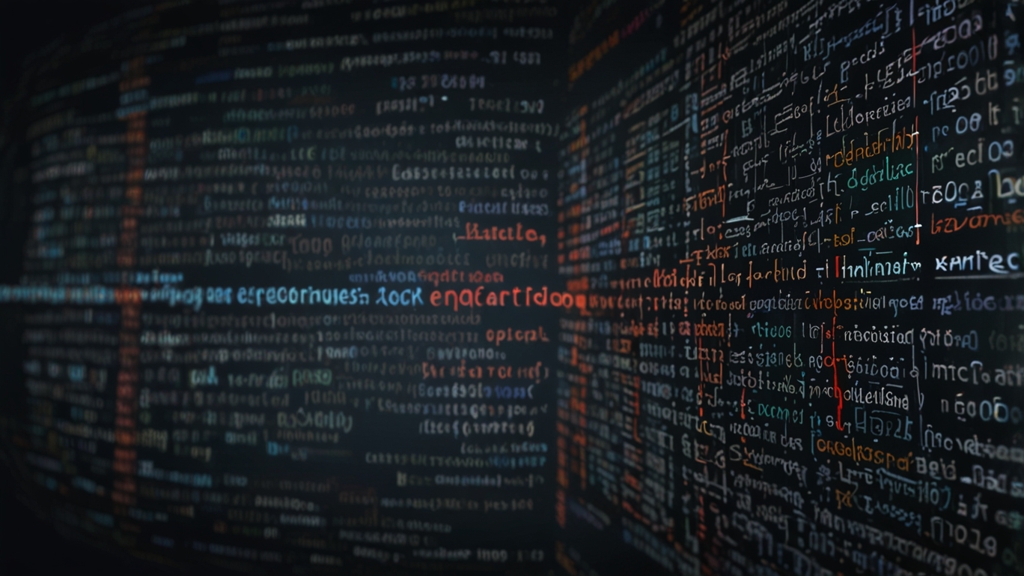Unlocking the Mind: The Fascinating World of Epistemology
In the quest to understand the nature of knowledge, how we acquire it, and the limits of what we can know, epistemology serves as an essential field of philosophy. Originating from the Greek words "episteme" (knowledge) and "logos" (study), epistemology delves into the theories and practices concerning human understanding. This article aims to provide a definitive look at this intriguing branch of philosophy and explore its various dimensions.
The Nature of Knowledge
At the heart of epistemology is the question: What is knowledge? Typically, knowledge has been understood as justified true belief. To say that someone “knows” something, it traditionally meant that the person believes in a proposition, the proposition is true, and the person has justification for believing it. However, this definition has been challenged and refined over time.
One of the most famous critiques comes from philosopher Edmund Gettier, who presented scenarios where individuals had justified true belief but still failed to have knowledge. These "Gettier problems" sparked extensive debate and led to alternative theories of knowledge, such as reliabilism and virtue epistemology.
Sources of Knowledge
Epistemology also examines the sources from which we derive knowledge. The primary sources are:
- Perception: The sensory experience of the world.
- Reason: Logical and analytical thinking.
- Memory: Recollection of past experiences.
- Introspection: Understanding of one's own internal states.
- Testimony: Information received from others.
Each of these sources is subject to scrutiny regarding their reliability and validity. For instance, perceptual knowledge is often deemed immediate and foundational, but it can be deceptive (think of optical illusions). Testimonial knowledge, on the other hand, raises questions about the trustworthiness of the source.
Skepticism and Limitations
Skepticism plays a critical role in epistemology by challenging the certainty and extent of knowledge. Philosophers like René Descartes and David Hume questioned whether we can ever truly "know" anything. Descartes famously employed methodological skepticism, doubting everything that could be doubted, to arrive eventually at his foundational statement, "Cogito, ergo sum" (I think, therefore I am).
"The only thing I know is that I know nothing." - Socrates
This profound skepticism encourages us to question our assumptions and seek a more profound foundational understanding of what constitutes knowledge. It’s essential because it prevents complacency and dogmatism in the acquisition and validation of knowledge.
Modern Perspectives
In the modern era, epistemology has expanded to incorporate interdisciplinary approaches, integrating insights from psychology, neuroscience, and artificial intelligence. Cognitive science, for instance, enriches our understanding of how the brain processes information and forms beliefs. Understanding these mechanisms provides another layer to epistemological inquiries, shedding light on how knowledge is structured within human cognition.
Social epistemology is another evolving field. It studies the communal aspects of knowledge, examining how social processes, interactions, and institutions contribute to the development of knowledge systems. This branch acknowledges that knowledge isn't developed in isolation but is a collaborative endeavor often occurring within scientific communities, educational systems, and various cultural contexts.
"Knowledge itself is power." - Francis Bacon
Conclusion
Epistemology is more than a philosophical inquiry; it is an essential reflective practice that touches upon nearly every aspect of human life. It pushes us to critically evaluate the foundations of our beliefs, understand the origins of our knowledge, and recognize the limitations inherent in being human. In doing so, epistemology does not just seek to answer questions about the mind and knowledge—it unlocks the mind's potential by continuously pushing the boundaries of what we can understand about understanding itself.








